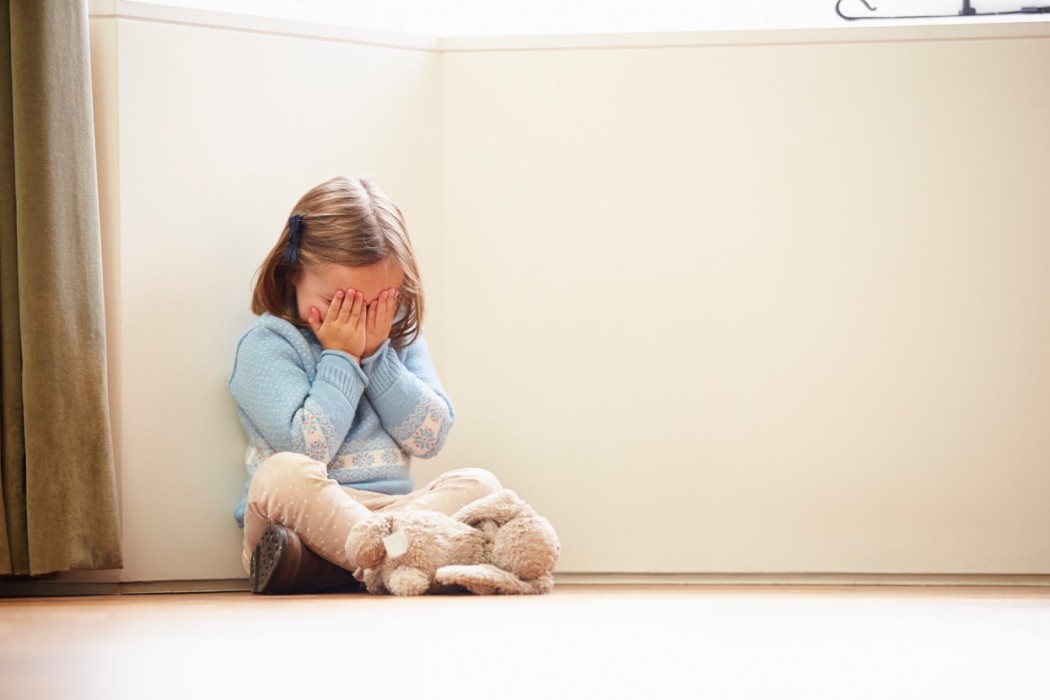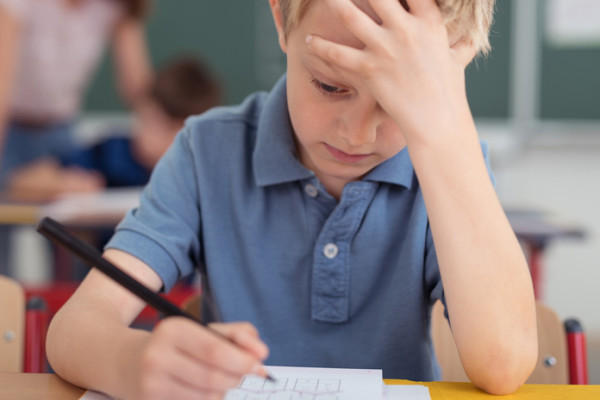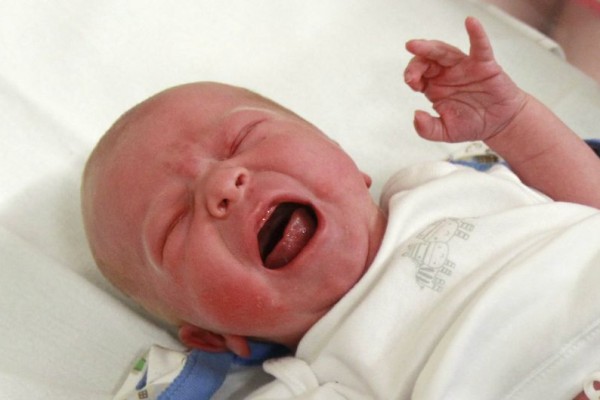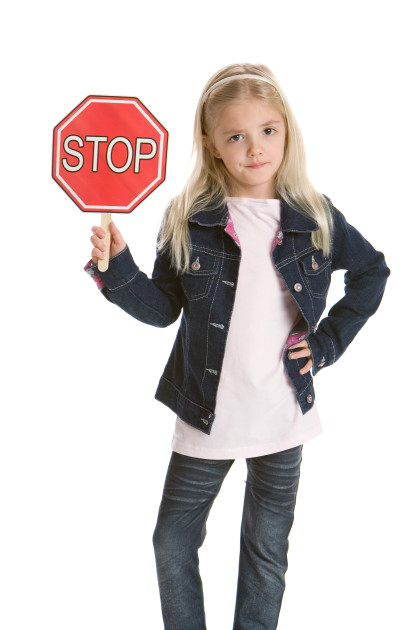Unfortunately it is not uncommon for children to be exposed to bullying. Often children are too young to understand why it happens and what the result is. As a former class teacher and working psychotherapist I have seen how much damage bullying does. It leaves deep scars and most often also destructive identity conclusions about oneself, like: “I´m not good enough”, “I´m not worth anything” and “It´s my fault”. These conclusions couldn´t be more wrong. You are perfect as you are, and you are worth every struggle, pain, sorrow and challenge. You are just wonderful and lovable because you are you. Never doubt that.
I always tell my children, when they feel someone is attacking or treating them wrongly, that they don´t know what´s going on – on the other side. Very often children (or grown ups) who loudly badmouth others, comment negatively on people’s appearance, or create rifts in friendships – very often are the ones who have a really hard time themselves. They seek (unconsciously) to make other people feel uncomfortable, so it makes them feel that they are not the person who is worst off. It breaks our hearts every time our children aren´t happy.
When it comes to bullying it gets serious and we often tend to react in defense and sometimes childishly; “I´m going to get him”, “I´ll teach her a lesson” and “Nobody is going to harm you”. All natural reactions but they are not helpful to your child. As parents, we have to stay close and have good contact with our children otherwise it can sometimes be difficult to find out if something has changed in their life.
Signs that something is wrong
• The child’s behavior suddenly changes. E.g. It loses interest in things he/she has previously found amusing.
• If your child begins to withdraw from social situations.
• The child starts to perform less well in school because he/she can´t concentrate on homework and learning.
• Mood changes.
What to do
First of all it is important to respond immediately. Talk to your child.
How this is best done is very individual, but it is important to dare to ask and confront in a calm and reflective way.
Don´t overreact and try to conceal your own feelings from your child.
Say: I’ve noticed that you seem sad, is there something wrong? The way your child will respond depends largely on what your relationship is normally like. Are you used to talking about all kinds of feelings? Is it rare to talk about something personal, etc.? What´s important is that your child will be seen and recognized in the moment.
Let your child know that you are there and you want to help.
Also contact the class teacher to understand how the child is doing in school.
If the overall picture requires action on your part – and it is clear to you that your child is being bullied by classmates, please do not hesitate to go ahead with it.
Be honest all along and let your child know what you are going to do. If you go behind your child’s back, it’s probably the last time that he/she tells you something in confidence.
If you feel ashamed of the situation (it is not unusual), it will be reinforced in your child.
Strive to act objectively and save your own frustrations for a discussion with your partner.
Involve as many as possible (parents, teachers, classmates), because these situations can only be solved when all involved change their behavior.
Remember, a class is composed of many different types of children. Because your child is being bullied, it does not mean that there is something wrong with the child.A human beings are perfect.
I truly believe we need much more kindness, empathy and happiness to spread around the world. Let´s try and make this world a better place for our children.
You can follow Iben on Instagram for more inspiration about parenting.





